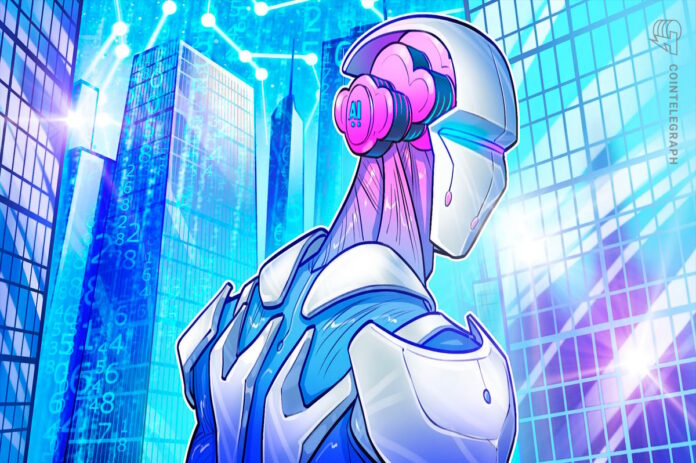The world of work is undergoing a seismic shift, driven by the rapid advancement of artificial intelligence (AI) and automation. As AI systems become increasingly capable of performing tasks that were once the exclusive domain of humans, the traditional employment landscape is eroding at an unprecedented rate. According to Syed Hussain, founder and CEO of Shiza, this transformation is not just about replacing certain jobs, but about revolutionizing the entire economic model that has been based on human labor as the primary source of value creation.
The Rise of AI-Powered Automation
The current wave of AI automation is distinct from previous technological shifts, as it is not limited to replacing manual or repetitive tasks. Instead, AI is quickly absorbing roles that were once considered the hallmark of the middle class, including content generation, financial modeling, legal research, software development, and academic analysis. Even more sophisticated domains, such as strategic planning, teaching, relationship management, and scientific discovery, are likely to be disrupted within the next five years.
The Need for a New Infrastructure
In this new era of AI dominance, traditional skills are becoming obsolete at an alarming rate. To remain relevant, individuals must develop the ability to orchestrate AI workflows, which involves training personal AI agents to perform tasks and ensuring that the value created is attributed to the owner. This requires a new infrastructure that supports autonomy and ownership, which is where blockchain technology and cryptocurrencies come into play.
Blockchain and the Ownership Revolution
Blockchain enables the creation of a new economy based on ownership and control over digital tools, data, and value flows. This is achieved through private model training, decentralized computation, tokenized incentives, and item-based identity systems. Platforms are emerging that allow individuals to deploy autonomous agents that work like freelancers, negotiating business, providing customer support, and analyzing financial trends, with the human owner earning a return on their activity.
The Future of Work and Ownership
The ownership revolution has the potential to transform the way we work and create value. Instead of selling their time on gig platforms, individuals can deploy AI agents that work continuously on their behalf, freeing them to focus on higher-order creative or relational work. While this shift will raise legal and regulatory challenges, the direction is clear: the value will accrue to those who own and control the intelligence that performs the work, rather than those who cling to outdated forms of employment.
The most significant use of blockchain technology will be to enable individuals to own and control their AI agents, rather than relying on big tech companies to manage them. This will require a new paradigm for ownership and control, one that prioritizes individual autonomy and agency over corporate interests. As the AI revolution continues to unfold, the choice is no longer between resisting or embracing AI, but between owning and controlling one’s own AI agents or being left behind.

